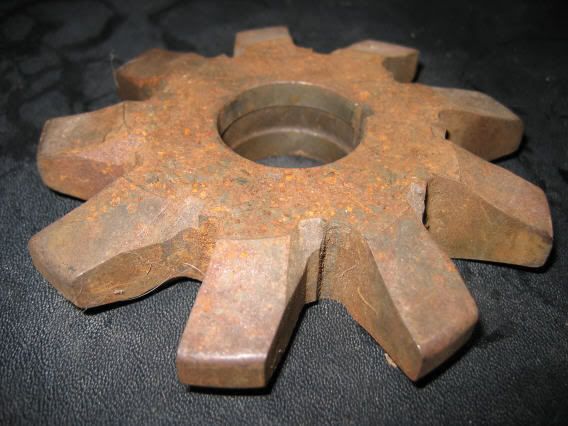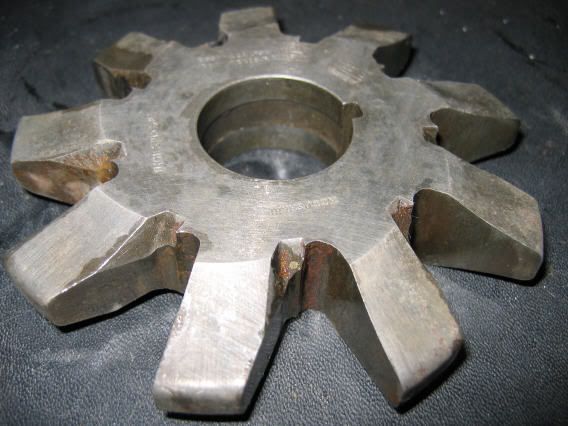RLamparter
Hot Rolled
- Joined
- Oct 4, 2008
- Location
- Central PA
I'm going to derust an old vise and I probably will need to immerse it in about 3 gallons of liquid.
I've done the electrolytic method and vinegar with salt on other items before, so I wanted to try phosphoric acid this time. I don't want to buy Evaporust since I'm told it's phosphoric acid with a brand name, which just raises the price. I've read that phosphoric acid can be purchased at the auto parts store as a metal prep, but is one brand or type better than the others, i.e. more concentrated, etc.? Is there a phosphoric acid solution at Lowes or other builders supply that would work as well and be comparably priced?
I've done the electrolytic method and vinegar with salt on other items before, so I wanted to try phosphoric acid this time. I don't want to buy Evaporust since I'm told it's phosphoric acid with a brand name, which just raises the price. I've read that phosphoric acid can be purchased at the auto parts store as a metal prep, but is one brand or type better than the others, i.e. more concentrated, etc.? Is there a phosphoric acid solution at Lowes or other builders supply that would work as well and be comparably priced?



